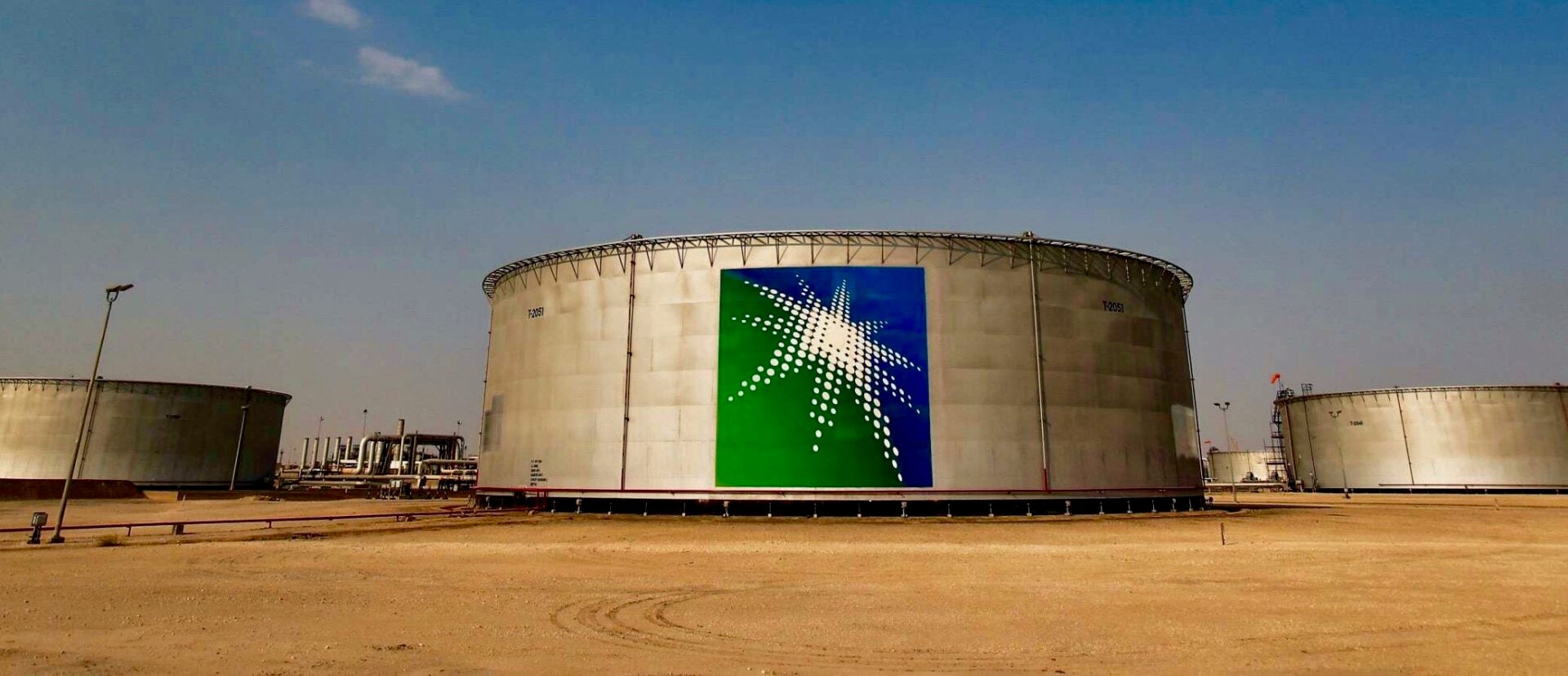
Saudi Aramco: A Big Bet on Big Oil
At a time when the world urgently needs to divest from fossil fuels, does the world’s largest company reveal where investor loyalty really lies?
Last year, Apple, Amazon, Alphabet, and Microsoft were all competing to be the first company to reach a $1 trillion valuation. On Monday, four days after its IPO, Saudi Aramco’s market valuation broke the $2 trillion mark; easily making it the most valuable publicly traded company ever to exist, and all of a sudden making the kings of Silicon Valley look almost puny by comparison.
In the context of global climate change and the expert consensus that the world needs to transition away from burning fossil fuels as quickly as possible, the IPO success of a company whose assets are almost entirely in the form of oil reserves and refineries is both concerning and indeed… a bit confusing.
Last week in Madrid, hundreds of countries met to try and agree to terms for decarbonizing the global economy. The negotiations ended without agreement on several of the most contentious articles within the Paris Climate Agreement including international carbon markets and international reparations for climate damages. There were reports that fossil fuel interests and countries beholden to the fossil fuel industry are exerting greater influence on the negotiations, and threatening the future of the Paris Agreement. Countries, corporations, and individuals prioritizing short-term gains and economic growth over long-term resource sustainability is at the heart of the global crisis, and Saudi Aramco’s record-breaking IPO success seemingly confirms that the world’s largest investors are still not prepared to put the planet ahead of their profits.
What’s more interesting in the current environmental, economic, and social context is why investors have determined that Saudi Aramco is a smart financial bet. At first glance, the company’s IPO is rife with warming signs: The Saudi royal family, majority owners of Aramco, have explicitly stated that they plan to use the IPO earnings to help diversify the Saudi economy away from fossil fuel extraction because they recognize that it is an industry facing unavoidable contraction. The Saudi finance minister himself, Mohammed al-Jadaan, said that by 2030 the kingdom “wouldn’t care if the oil price is zero.” Furthermore, the oil industry is experiencing stubbornly low prices compared to 2018, and investment in new fossil fuel projects has stalled.
Why, then, would any self-serving investor go anywhere near this stock? Some analysts are arguing that the majority of major foreign investors are not interested, and that the IPO was influenced predominantly by finding domestic investors and limiting the offering to inflate prices. If this is true, then the inflated valuation won’t last long unless foreign investors change their mind. It is also possible, however, that Saudi Aramco’s $111 billion in profits last year, even as most other oil companies struggled, has genuinely convinced investors of its value. Saudi Aramco is responsible for supplying at least 10% of the world’s crude oil and has no domestic competitors for some of the richest oil fields in the world. Because of its unique position, it can produce a barrel of oil for 1/3rd the price of most other suppliers.
One thing seems likely; if any oil company is going to thrive during the energy transition, it is going to be Saudi Aramco. The house of Saud seems committed to diversifying the company by investing in petrochemical manufacturing and its considerable profit margins will likely give the company greater flexibility to pursue these options. For the time being, it appears that investors have been convinced that Saudi Aramco can find a way to dodge the inevitable decline in demand for hydrocarbons. If even this behemoth shows signs of struggling to adapt to shrinking fuel demand, it will likely be seen as a bellwether for the rest of the industry. Similarly, if Saudi Aramco is able to unlock new markets while maintaining shareholder confidence, that may finally convince the majority of major investors to embrace the next generation of energy sources and commit remaining oil reserves to where we actually need them: manufacturing.
Oscar Serpell
Deputy DirectorOscar Serpell oversees all student programming, alumni engagement, faculty and student grants, and visiting scholars. He is also a researcher, writer, and policy analyst working on research initiatives with students and Center partners.

